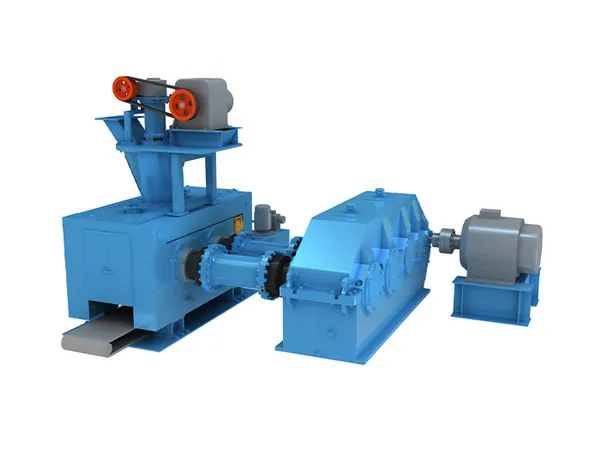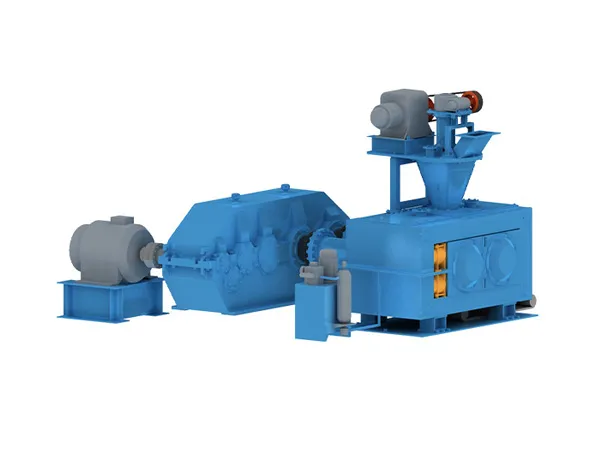The installation of the roller skin in a briquetting machine is critical for ensuring efficient operation and optimal briquette quality. The roller skin (or roller shell) is the component that compresses the raw material into briquettes.

1. Precision in Alignment and Positioning
Parallel Alignment: The roller skins must be aligned parallel to each other to ensure even pressure distribution during the briquetting process. Any misalignment can lead to uneven wear, poor briquette formation, or damage to the machine.
Axial Positioning: The roller skins should be centered correctly on the roller shafts to maintain balance and smooth operation.
2. Tight Fit and Secure Fastening
Press Fit or Shrink Fit: The roller skin must fit tightly on the roller shaft to avoid slippage during operation. It is common to use a press-fit or shrink-fit method for installation.
Secure Fastening: Bolts, clamps, or locking rings should be used to securely fasten the roller skins in place. Any loosening can cause damage to the machine and reduce briquette quality.
3. Material and Hardness Compatibility
Material Strength: The material of the roller skin must match the operational demands of the machine and the properties of the raw material being compressed. Harder materials are used for abrasive materials like coal or metal powders, while softer materials may be used for less abrasive substances.
Surface Hardness: The roller surface must have the proper hardness (measured in HRC—Rockwell Hardness Scale) to resist wear while providing the necessary pressure for forming briquettes. Typically, roller skins are heat-treated or made from high-strength alloy steel.
4. Gap Adjustment and Clearance
Uniform Gap: The gap between the two rollers must be adjustable to suit different briquette sizes and material characteristics. A uniform gap ensures consistent briquette formation and prevents machine overload.
Clearance Control: The clearance between the roller skins should be carefully controlled. Too much clearance can lead to poor compression and loose briquettes, while too little clearance may cause excessive wear or jamming.

5. Surface Finish and Groove Design
Groove Design: The roller skins typically have grooves or indentations to shape the raw material into briquettes. The design of these grooves (their shape and size) must be precise and aligned with the briquetting specifications. The groove patterns must align between the two roller skins for proper compression.
...
For more detailed information on the ball press roller installation requirements, please click here: https://www.zymining.com/en/a/news/briquetting-machine-roller-installation-requirements.html